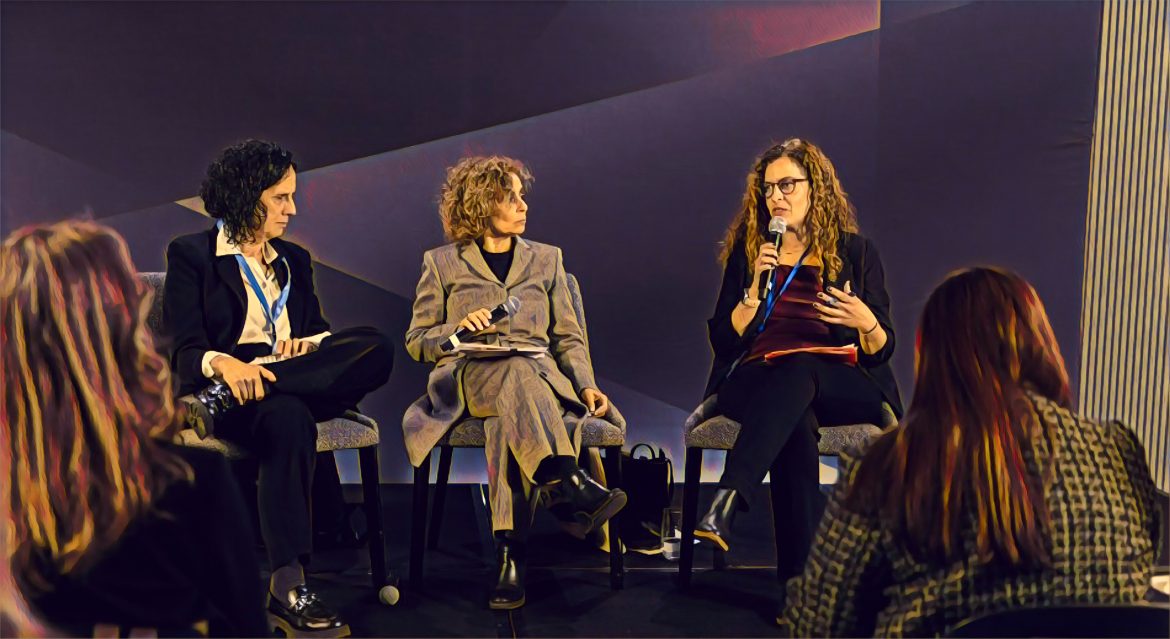KEY POINTS
- The PVO law burdens women’s rights groups.
- Harmful norms keep gender inequality entrenched.
- GBV is rising both offline and online.
Zimbabwe’s controversial Private Voluntary Organisations (PVO) Amendment Act is imposing heavy reporting demands on civil society groups, particularly those advocating for women and girls, a United Nations rights body warned this week.
Officials from the UN Human Rights Council’s Working Group on Discrimination against Women and Girls (UNHRCDAWG) said the law, framed as a tool to fight money laundering and terrorism financing and promote transparency, has instead stifled advocacy and encouraged self-censorship among women’s rights defenders.
Burdens of the PVO law on women’s rights
Laura Nyirinkindi, chair of the Working Group, and deputy Claudia Flores told reporters in Harare that the legislation risks undermining gender equality efforts by making it harder for women-led organizations to operate. They urged Zimbabwe to pair its laws with robust public awareness campaigns and human rights education, especially for children, rooted in dignity, equality and autonomy.
Flores said empowering women and girls to meaningfully influence policy is “not only just” but vital for building “resilient, inclusive and thriving communities.” She stressed that gender equality benefits men and boys too.
Patriarchal norms still fuel gender inequality
The UN team reported that, despite legal reforms, harmful gender norms persist in every province, driving early marriage, teenage pregnancy, and unequal access to education, healthcare, and economic opportunities. In 2022, an estimated 1.4 million Zimbabwean women were married before 18, with 241,000 wed before turning 15.
Teenage pregnancy remains high, affecting nearly one in four girls, often forcing them out of school and limiting their independence. Enforcement of child marriage bans is weak, with no prosecutions to date. The UNHRCDAWG called for targeted support for marginalized, pregnant and married girls, as well as stronger measures to confront entrenched patriarchal attitudes.
Digital and physical spaces unsafe for women
Nyirinkindi also flagged rising gender-based violence (GBV), both offline and online. She cited cyberbullying, revenge porn and gendered disinformation as growing threats, particularly to women in public life. GBV survivors face stigma, scarce support services, and barriers to justice, she said.
The Working Group urged government investment in shelters, one-stop survivor centres, and training for law enforcement and judges on trauma-informed responses. They expressed concern over discrimination faced by rural women, prisoners, sex workers, women with disabilities, and LBTIQ+ individuals.
They also stressed the importance of accessible sexual and reproductive health services and comprehensive sexuality education to promote autonomy, consent and respect.


